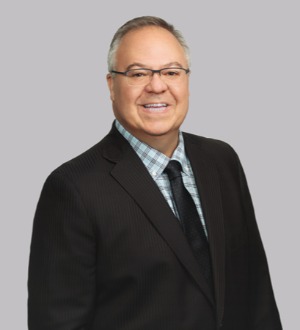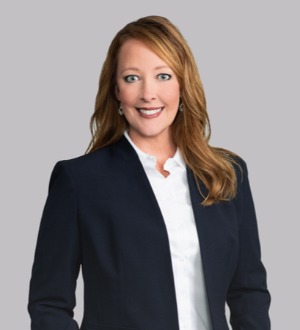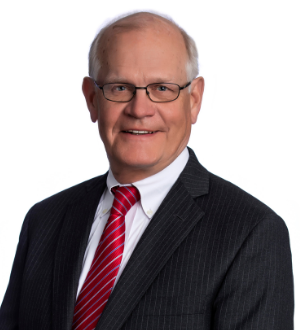Best Lawyers in Nashville, Tennessee for Entertainment Law - Theater
Practice Area Overview
Theater lawyers, representing producers, underlying rightsholders, investors, authors, actors, theater owners and others who participate in the development and exploitation of stage properties, will structure, negotiate and draft agreements to advance the theatrical production process. A commercial stage production typically begins with a producer licensing a finished play or, alternatively, by first securing rights in an underlying work (such as a novel) and then engaging writers to create a play or musical.
To finance development and production, producers typically raise capital from accredited investors via private offerings under Rule 506. Attorneys for investors who provide early, high-risk funding or who make large investments will seek to negotiate heightened financial terms and billing credit. Investors include investment partnerships and, increasingly, theatrical investment funds modeled after private equity funds.
Early on, the producer will enter into agreements with a general manager, a director, and often a not-for-profit theater that showcases new works. As the production progresses, there will be numerous additional contracts - e.g., with designers, actors, and a commercial theater.
Broadway has not been impacted by technology as directly as the music, publishing and movie industries, so many elements of theatrical legal practice have remained relatively stable. However, change is accelerating as movie studios seek to re-purpose film libraries, venture and private equity investors explore Broadway investing, and the Internet continues to transform theatrical marketing and is beginning to make Broadway investing more accessible.



Our Methodology
Recognition by Best Lawyers is based entirely on peer review. Our methodology is designed to capture, as accurately as possible, the consensus opinion of leading lawyers about the professional abilities of their colleagues within the same geographical area and legal practice area.
The Process
Best Lawyers employs a sophisticated, conscientious, rational, and transparent survey process designed to elicit meaningful and substantive evaluations of the quality of legal services. Our belief has always been that the quality of a peer review survey is directly related to the quality of the voters.







